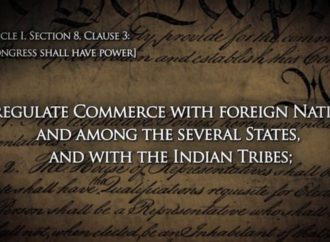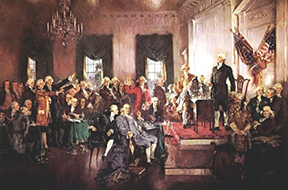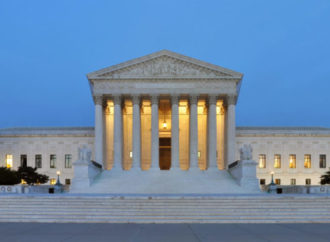What Does the Constitution Mean by “Natural Born Citizen?”
- December 4, 2023

If we are not to lose our freedom entirely, we shall have to find a way to restore the Commerce Clause to something like its original scope.
READ MORE
This latest survey—like all the previous ones—confirms that when the Constitution uses the word “Commerce,” it does so to mean only mercantile trade and its incidents.
READ MORE
The Commerce Clause part of the decision is a mess. There is no more polite way to describe it.
READ MORE
Congress’ effort to regulate Indian child placement is unconstitutional.
READ MORE
When the framers and ratifiers used the phrase “regulate Commerce” they meant “regulate trade.” Both “regulate commerce” and “regulate trade” meant to administer the body of jurisprudence known as the law merchant.
READ MORE
During the Founding era, the phrase “regulate Commerce” had a very specific meaning
READ MORE